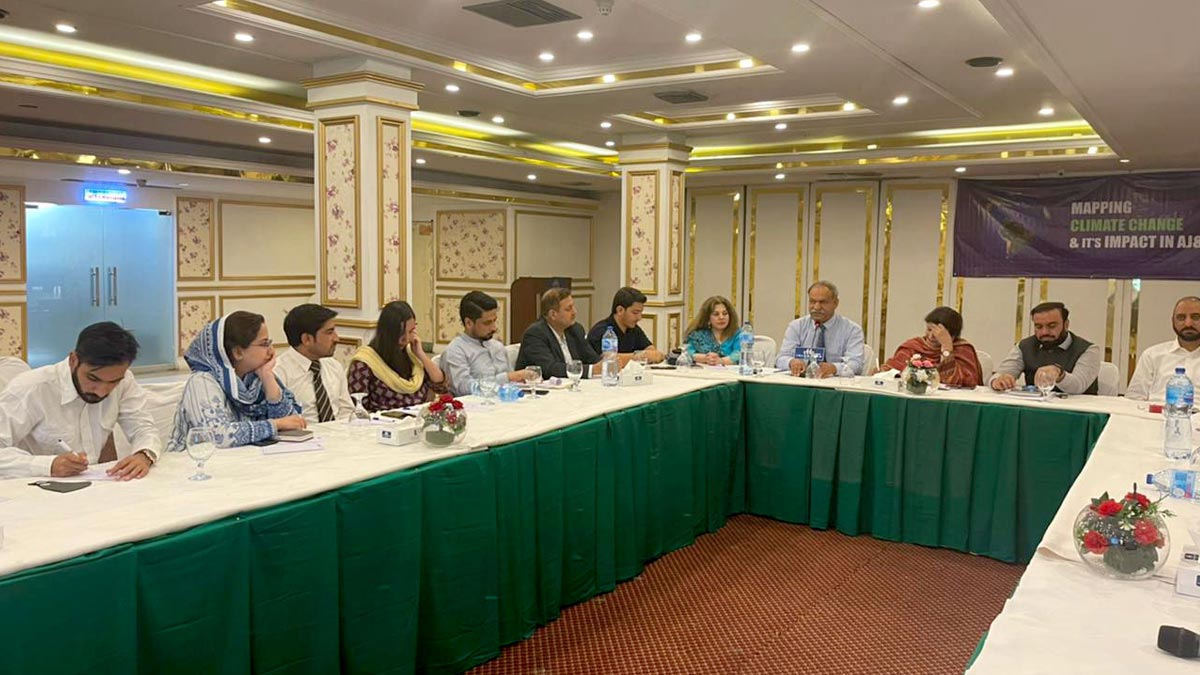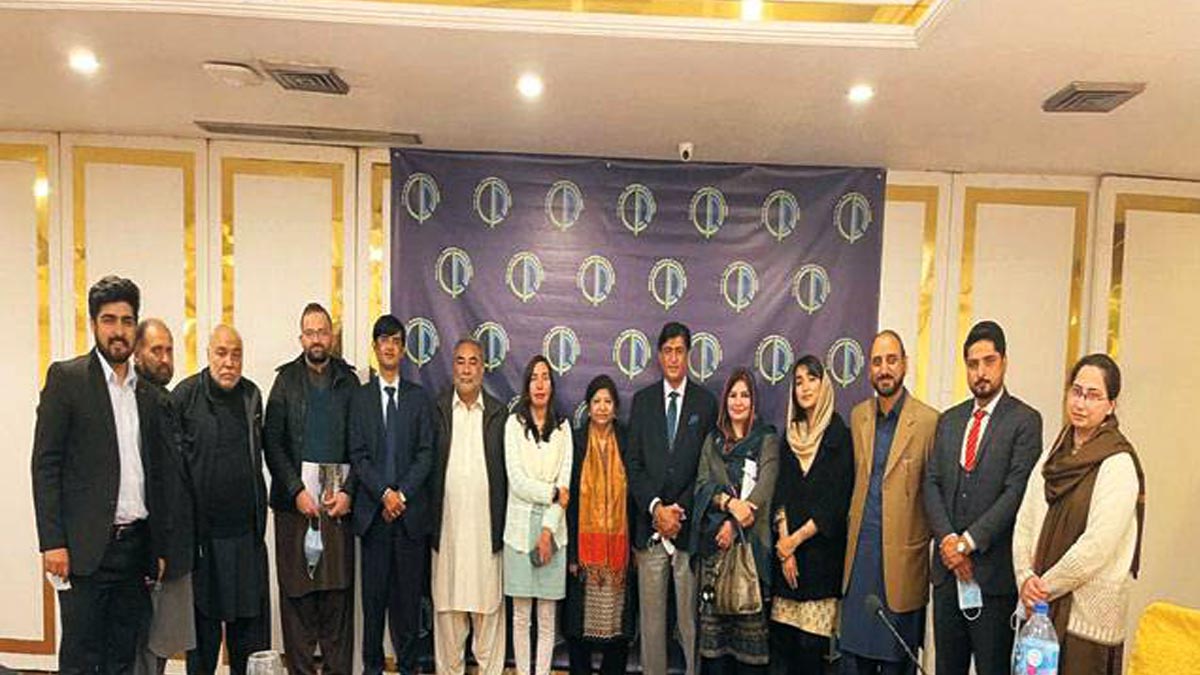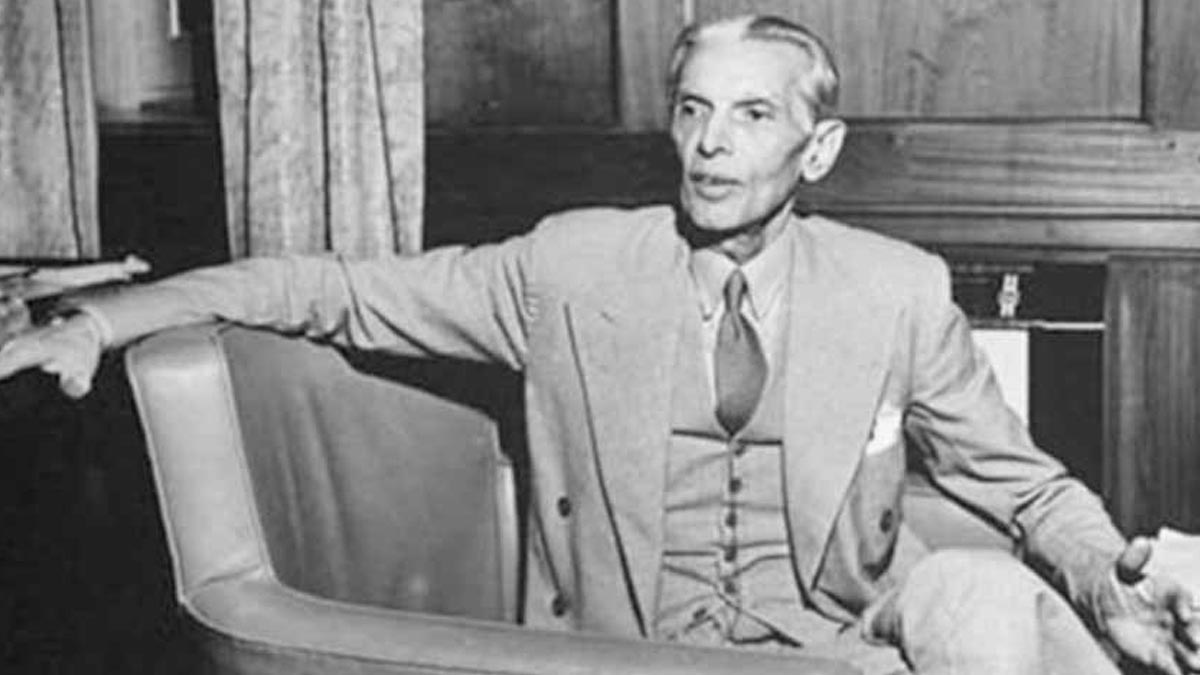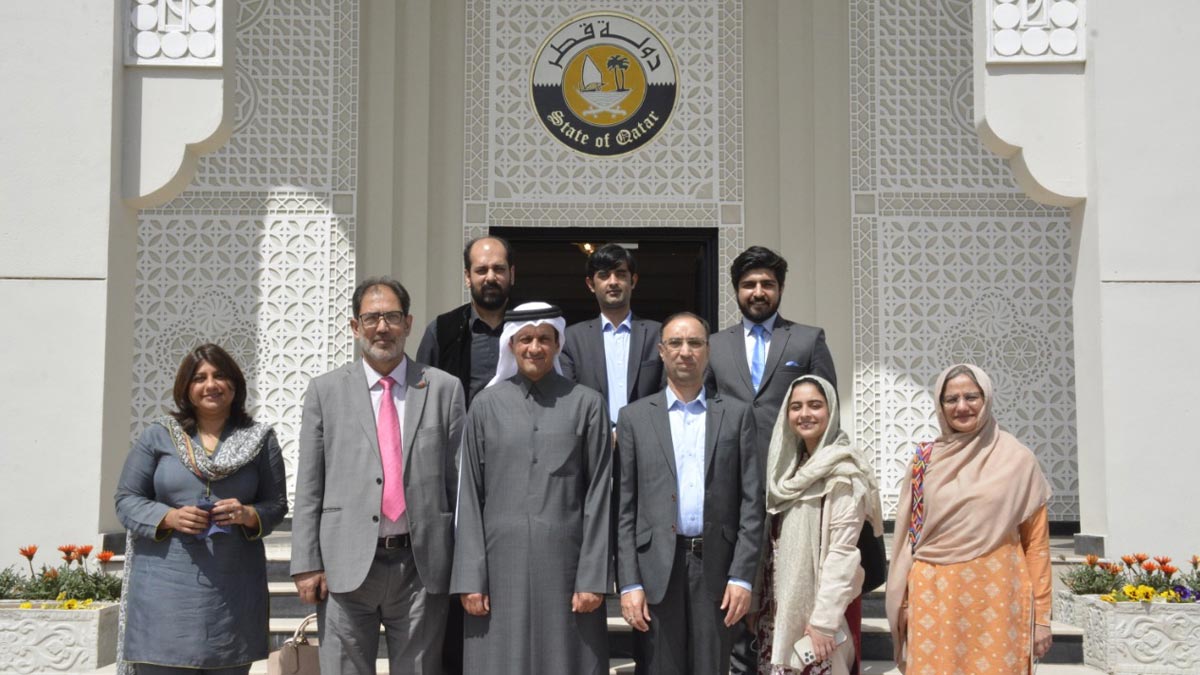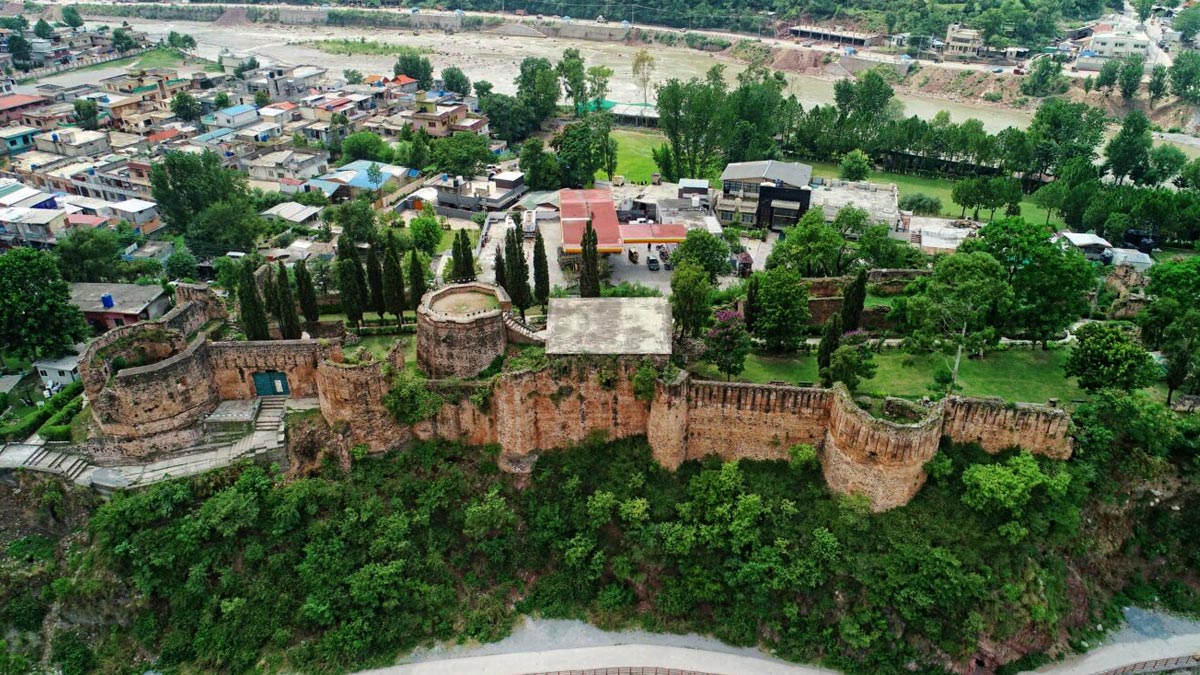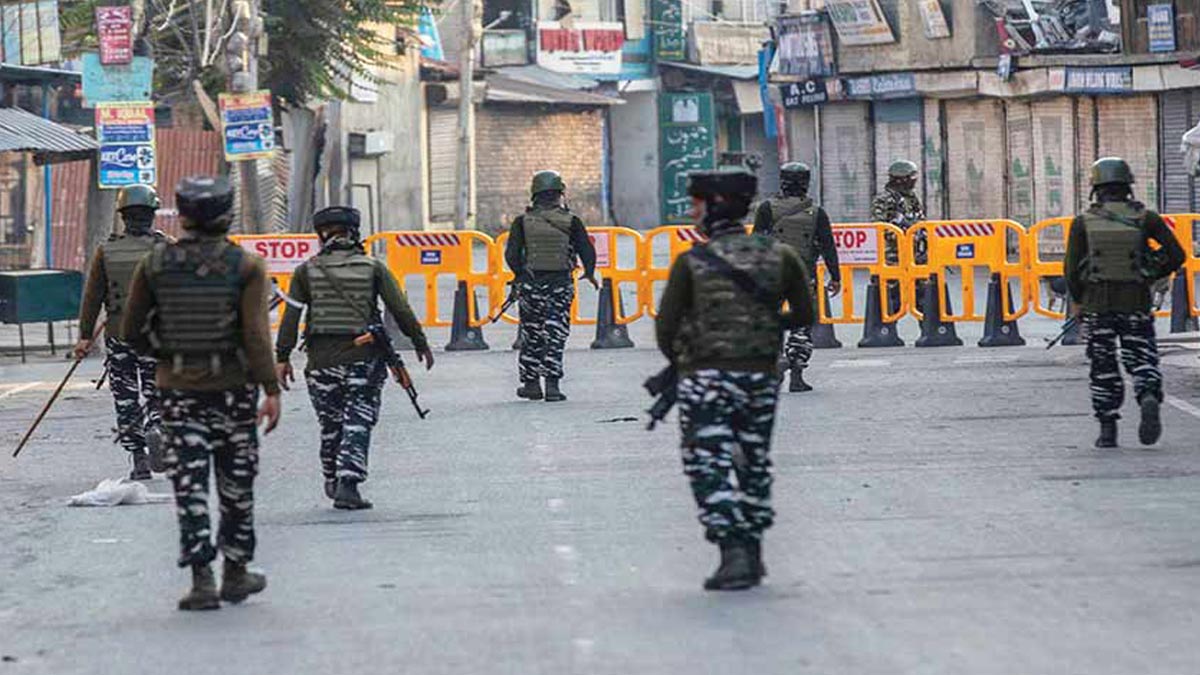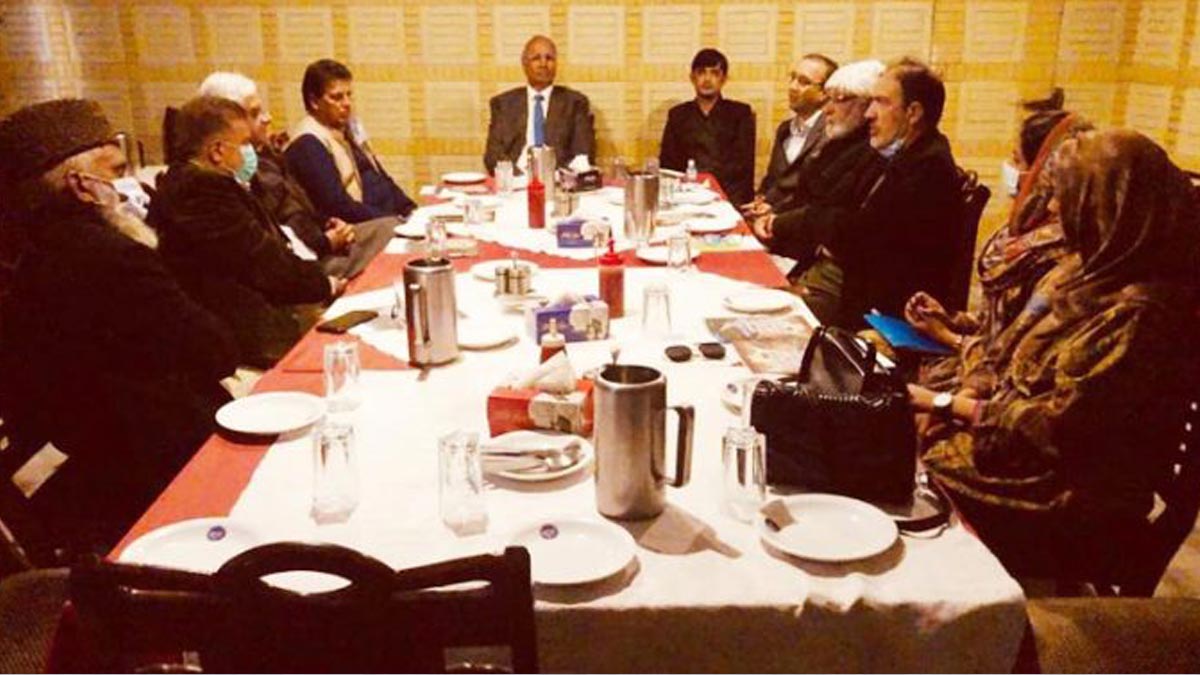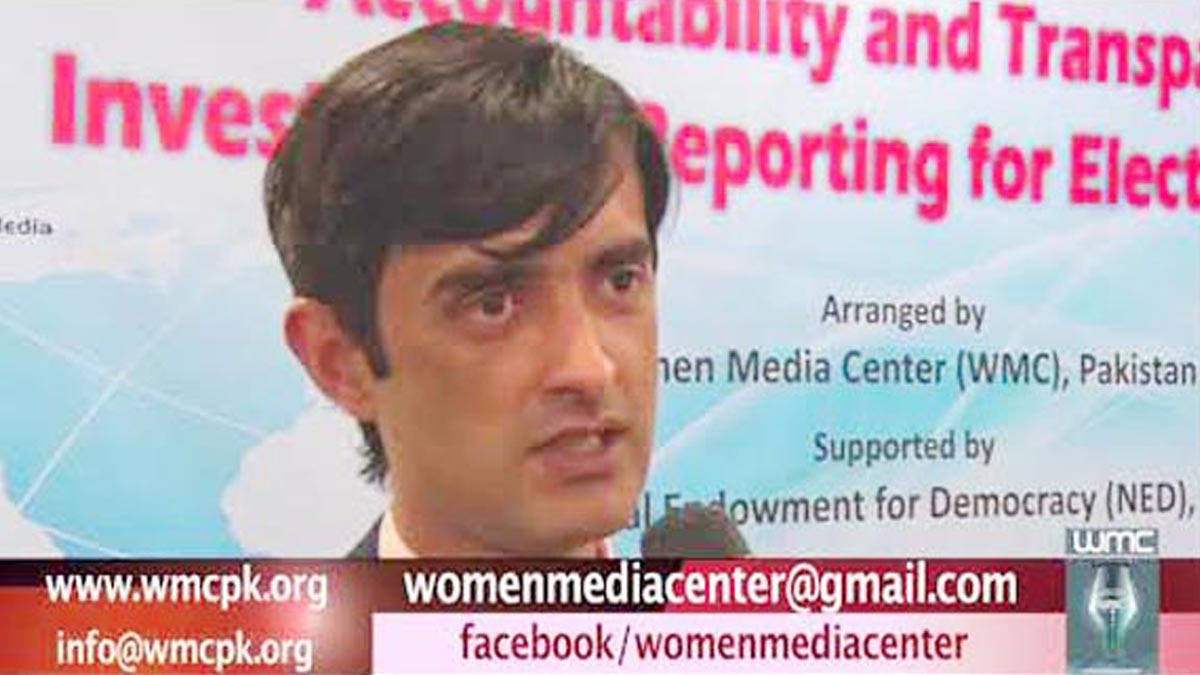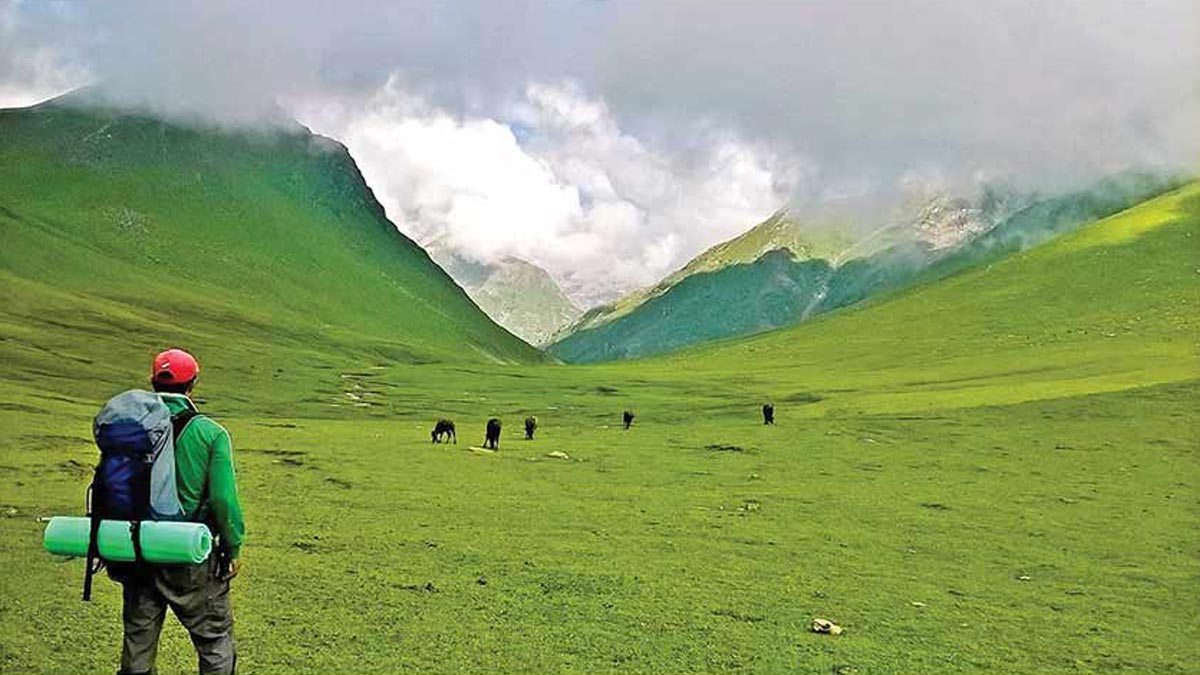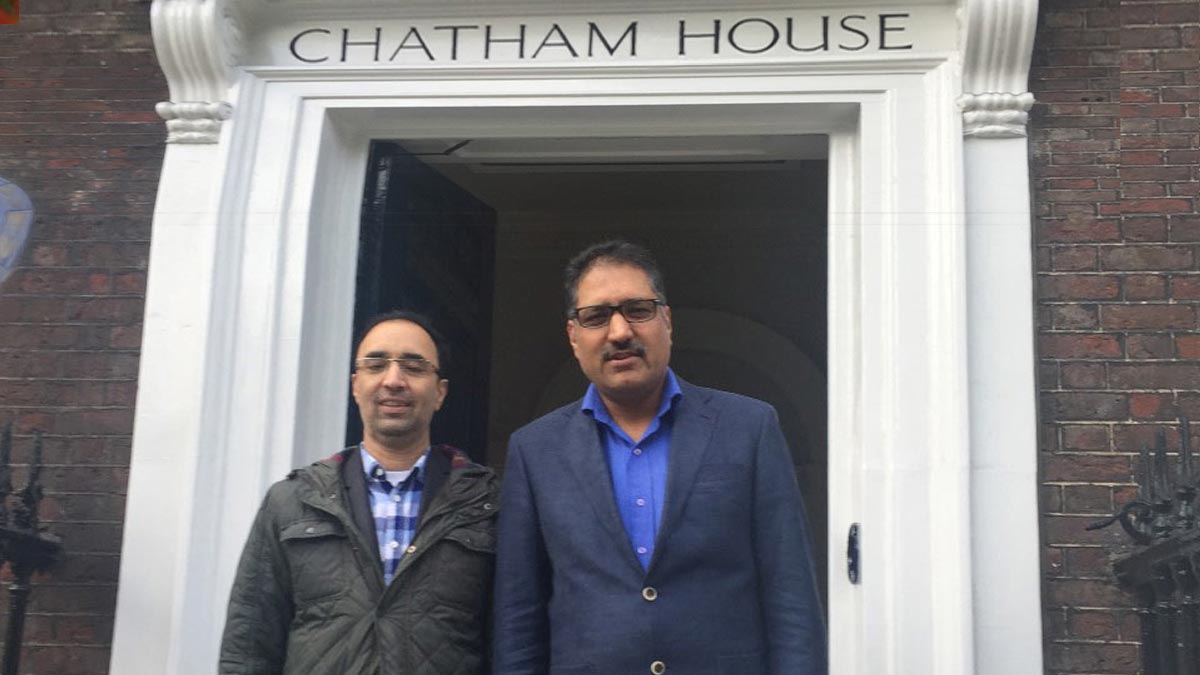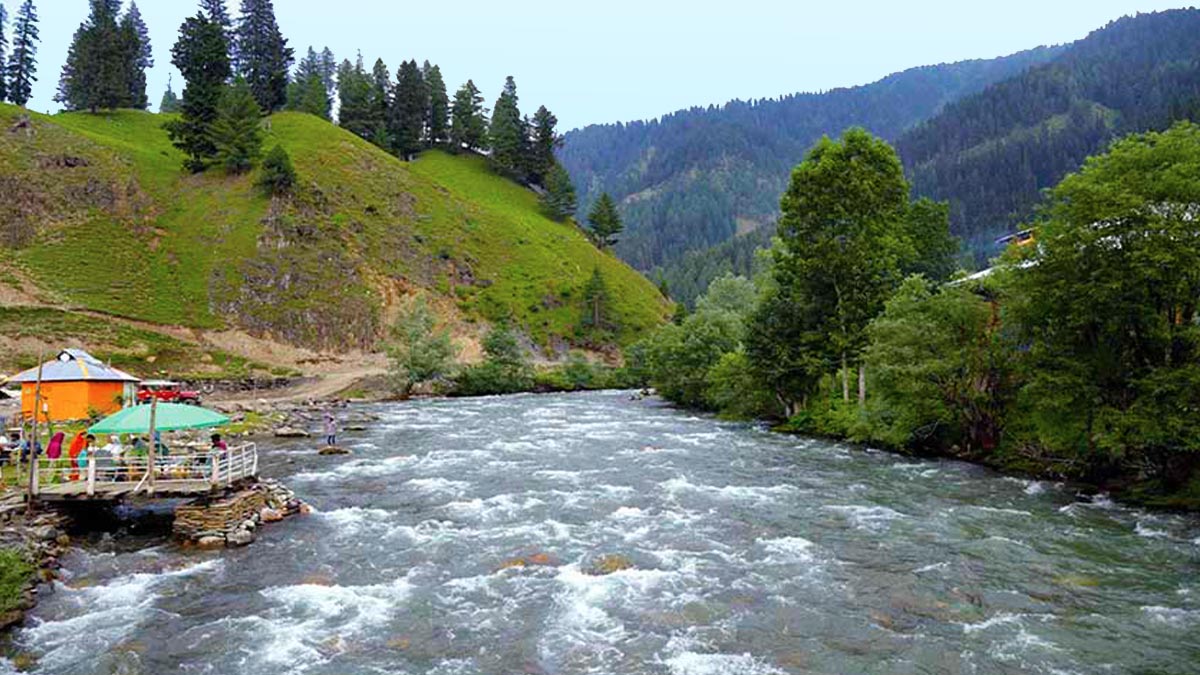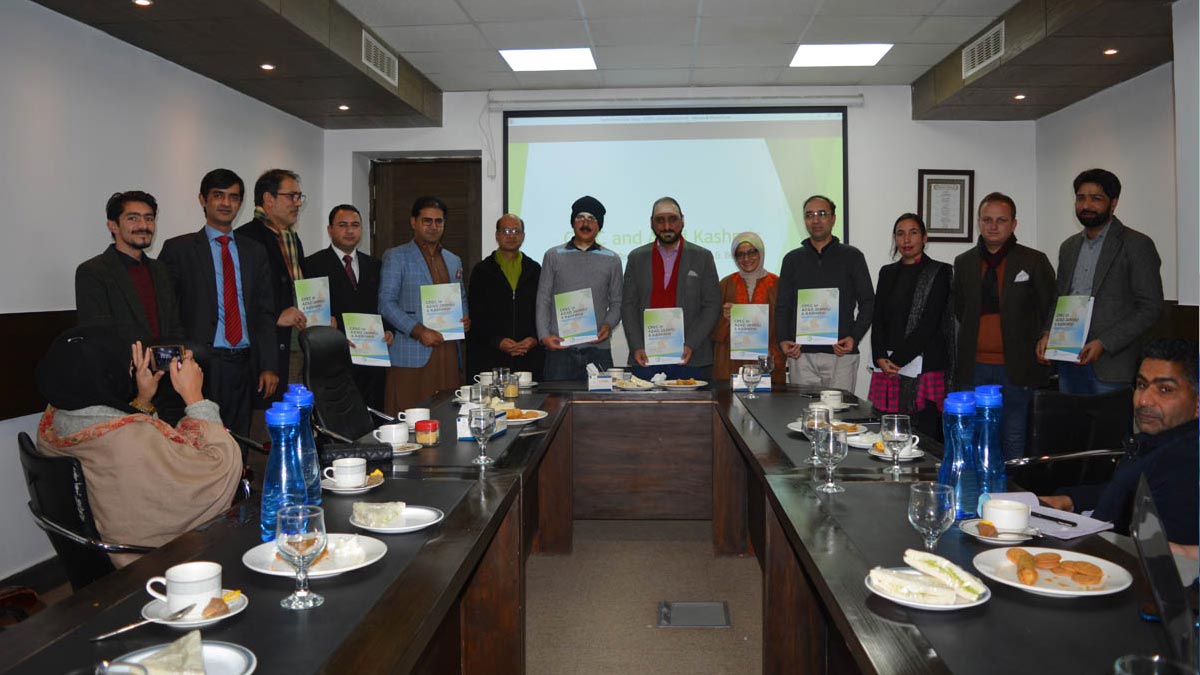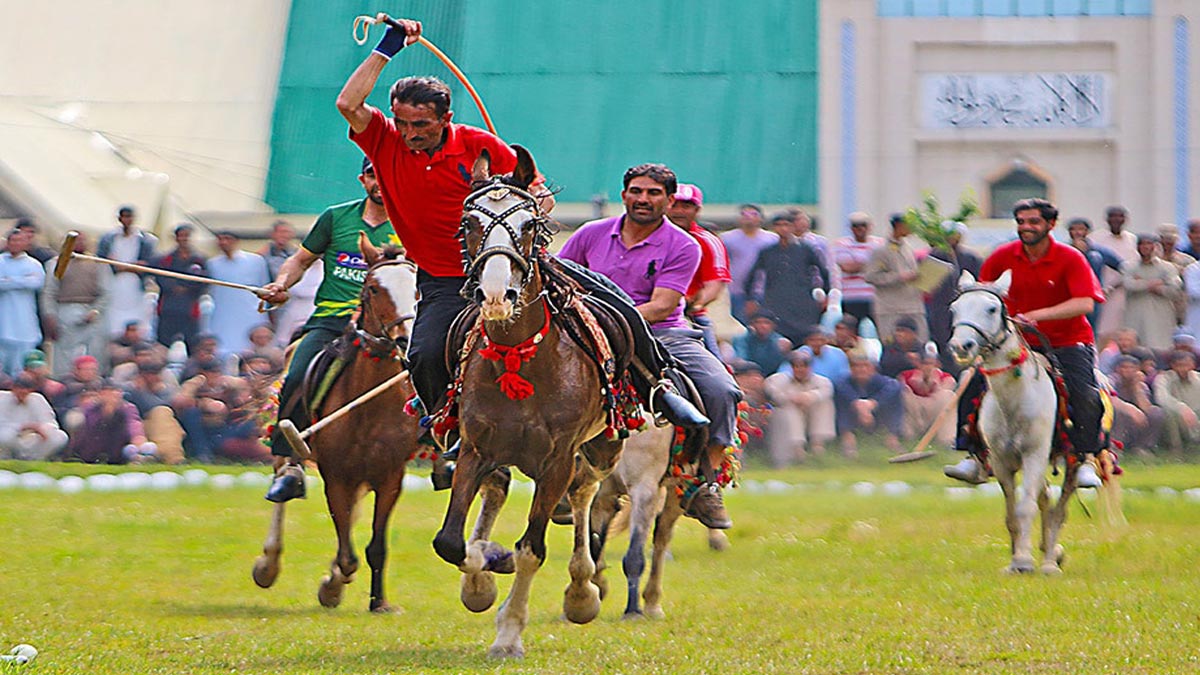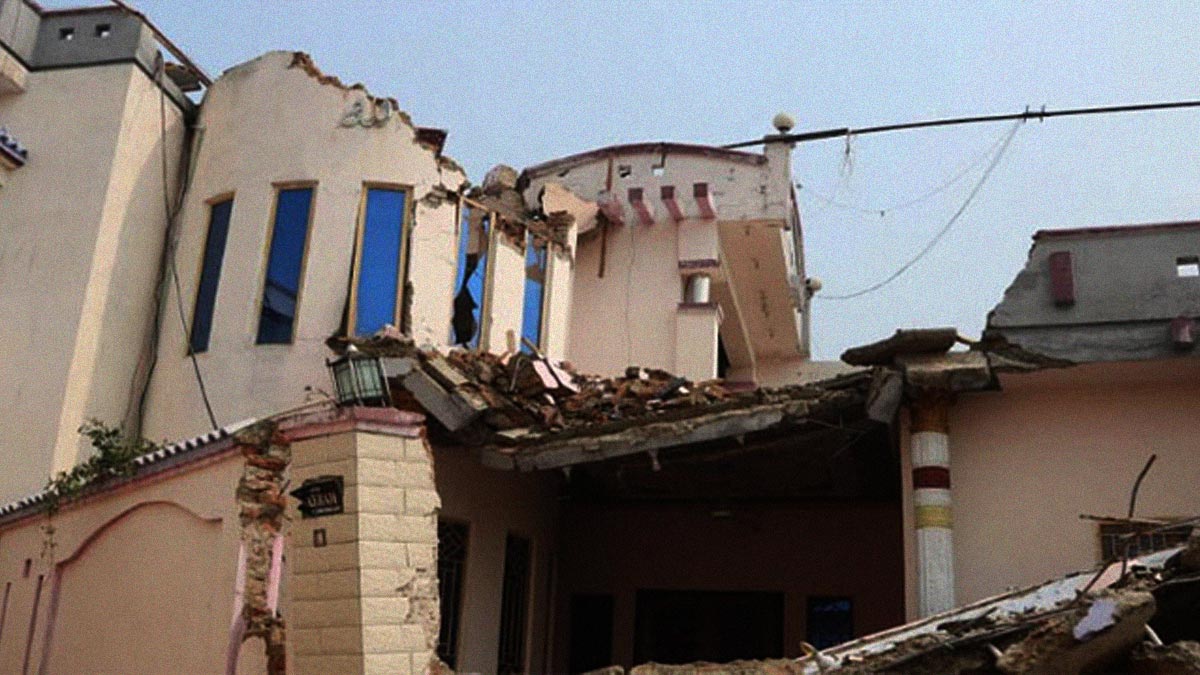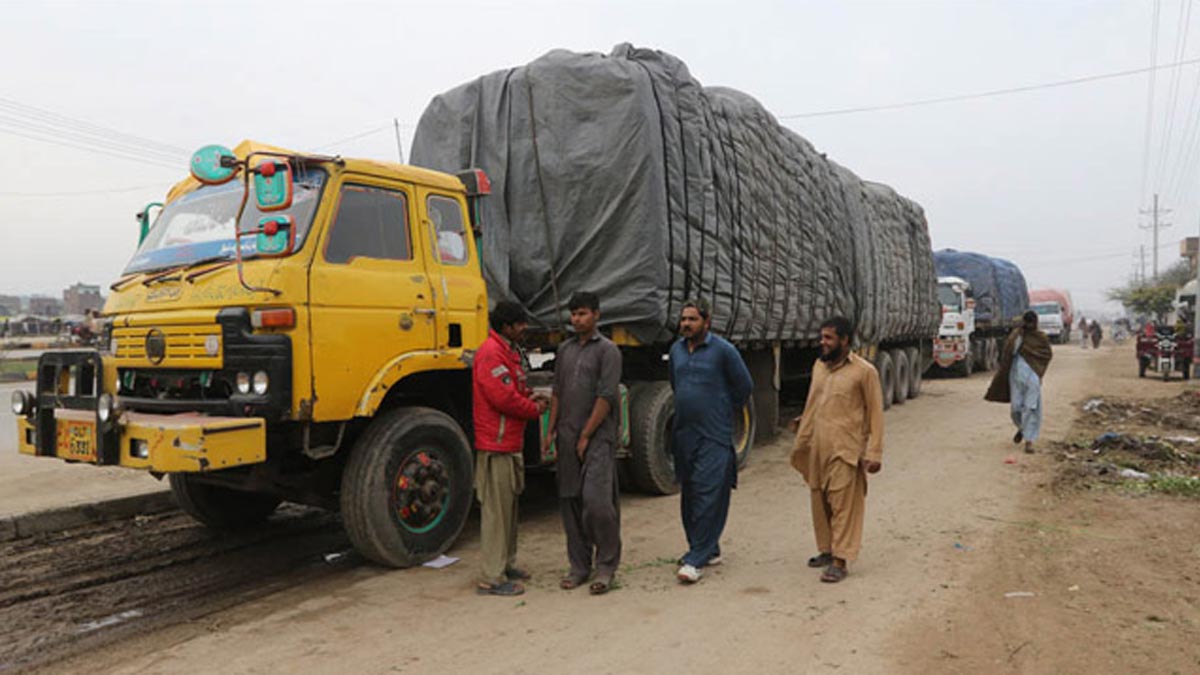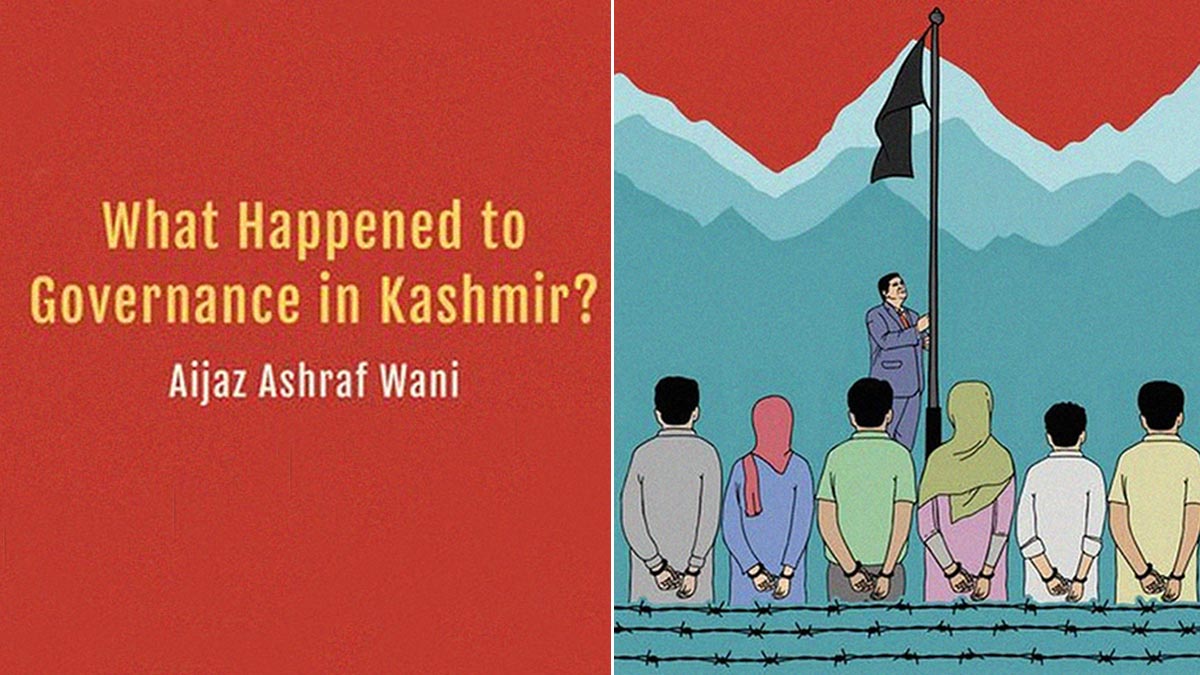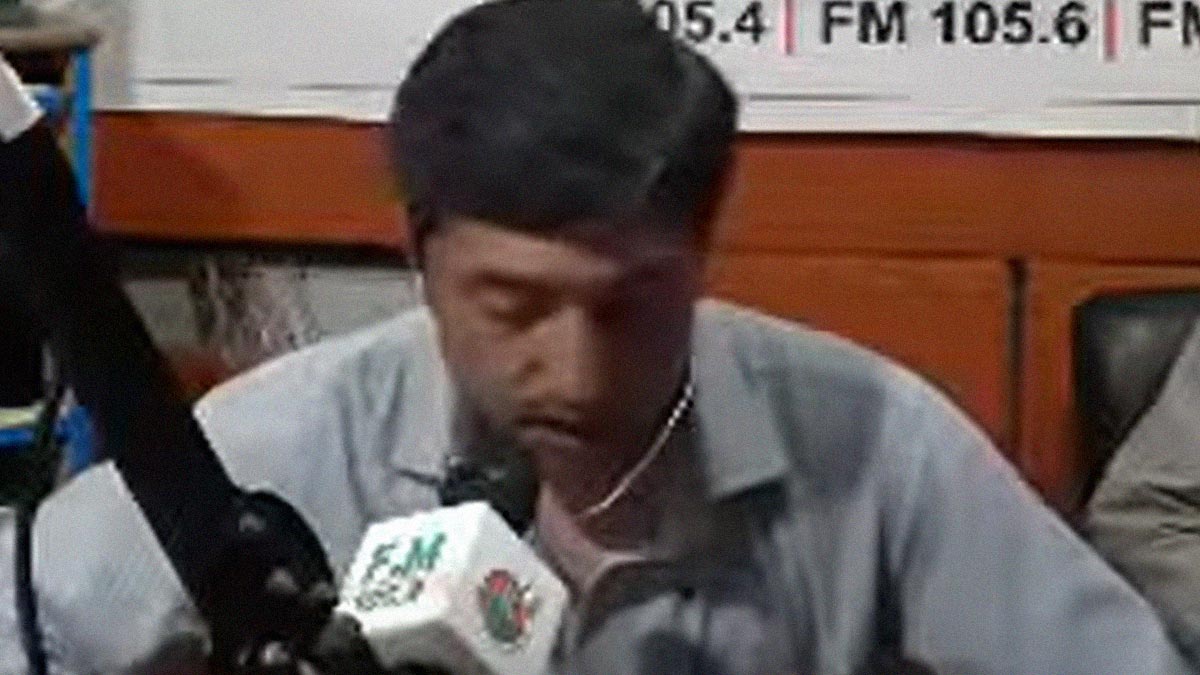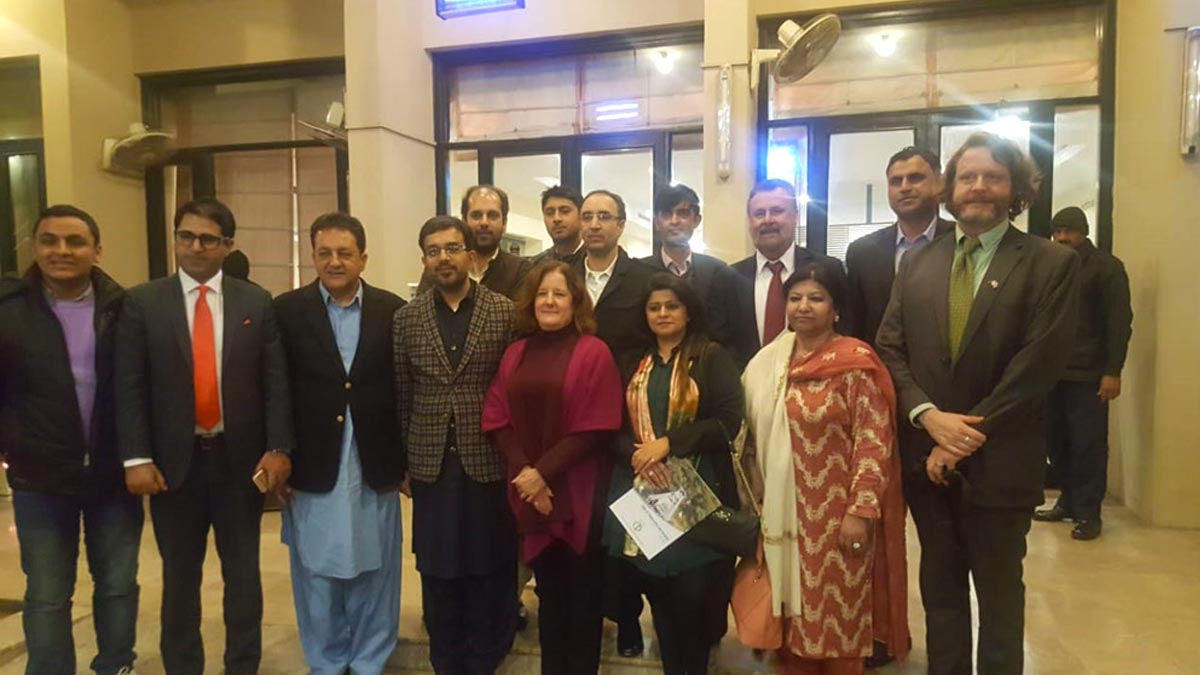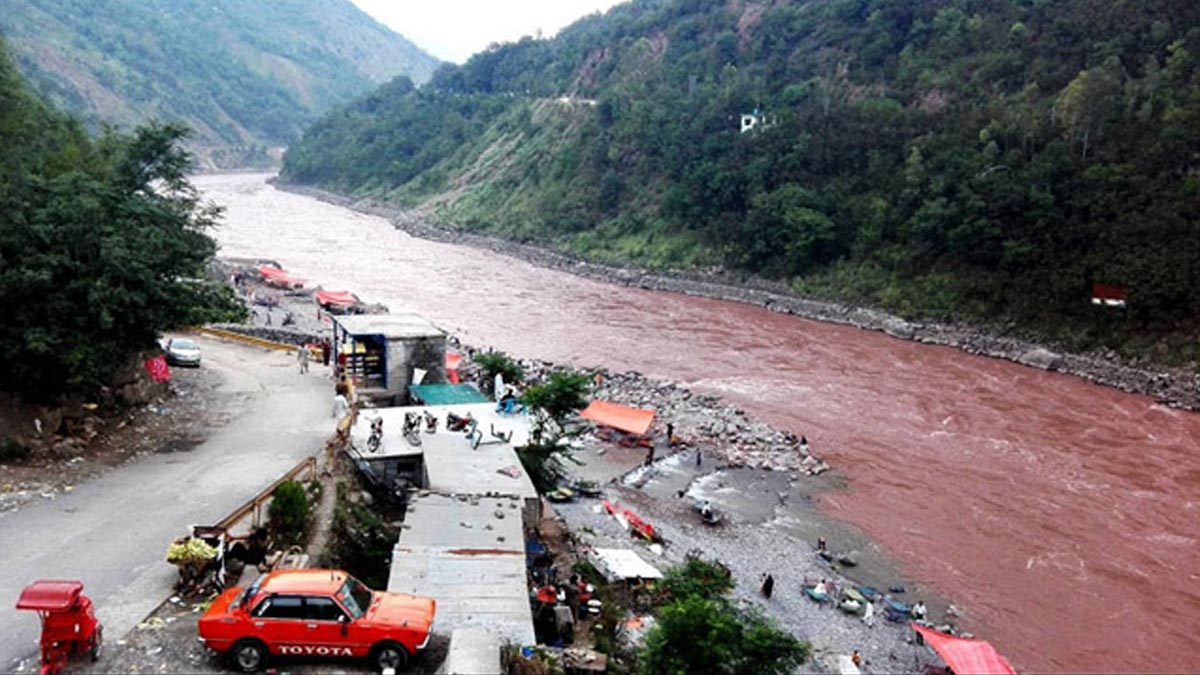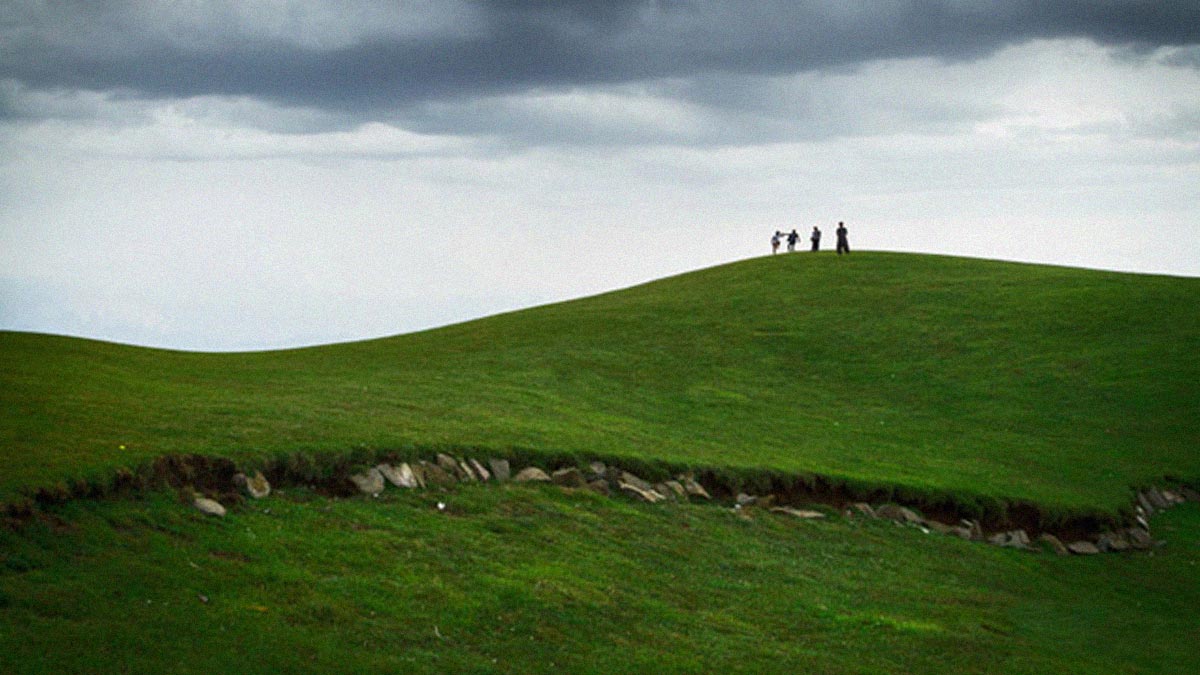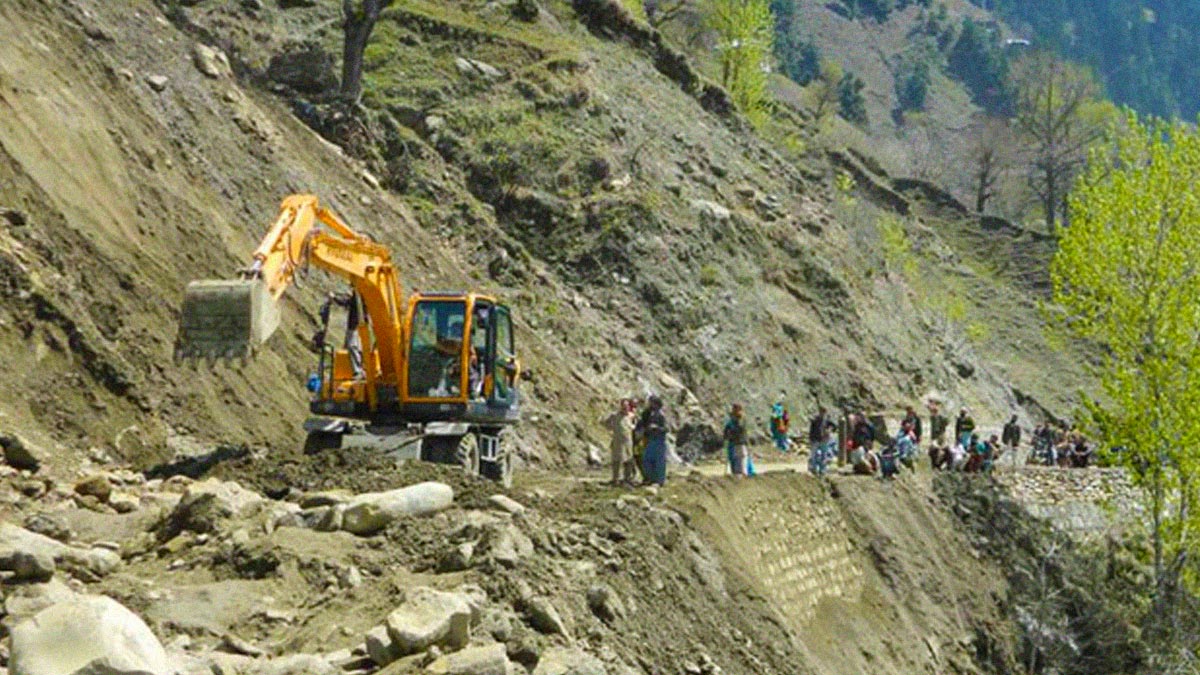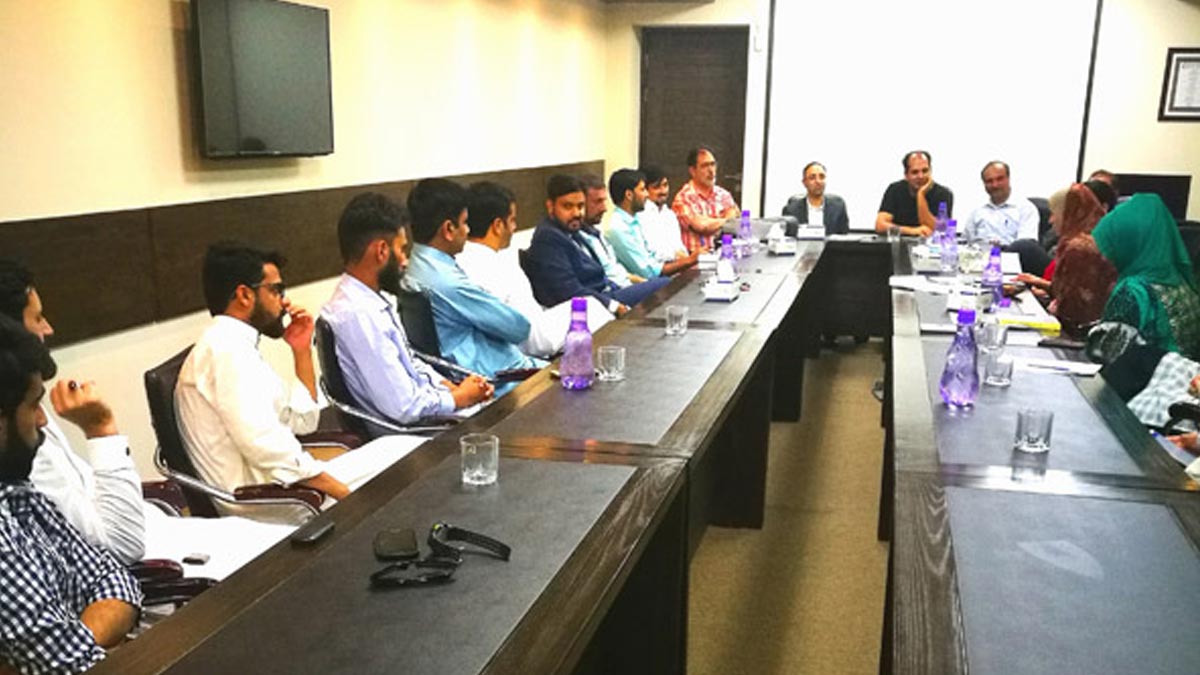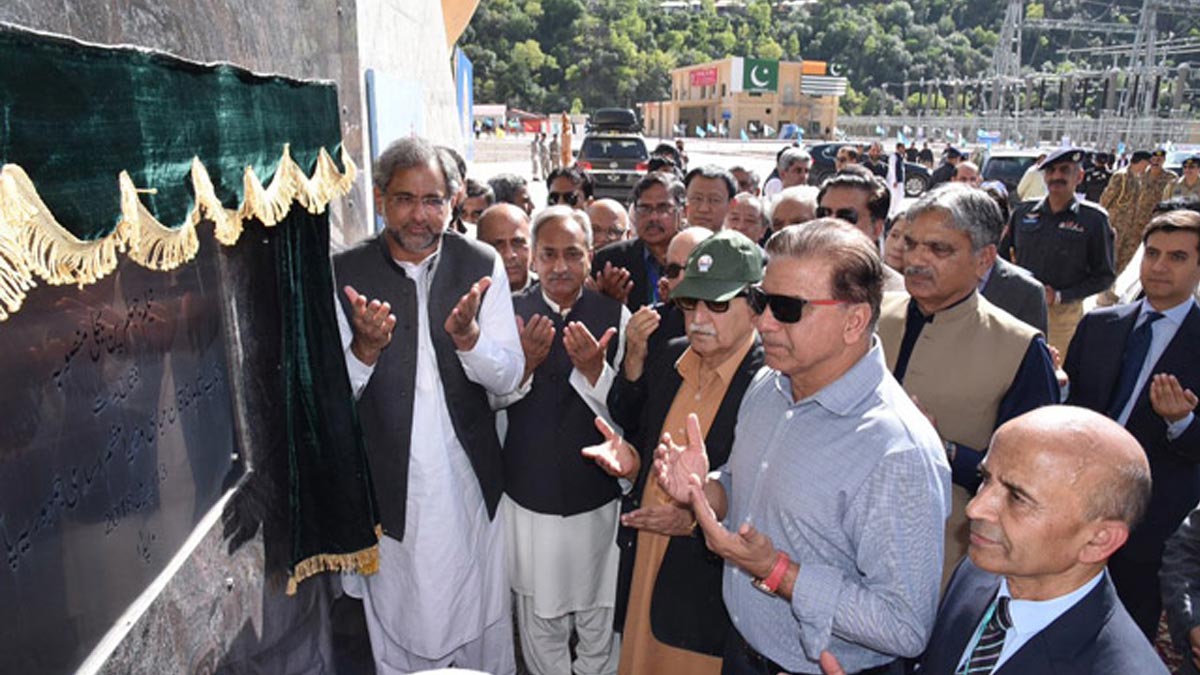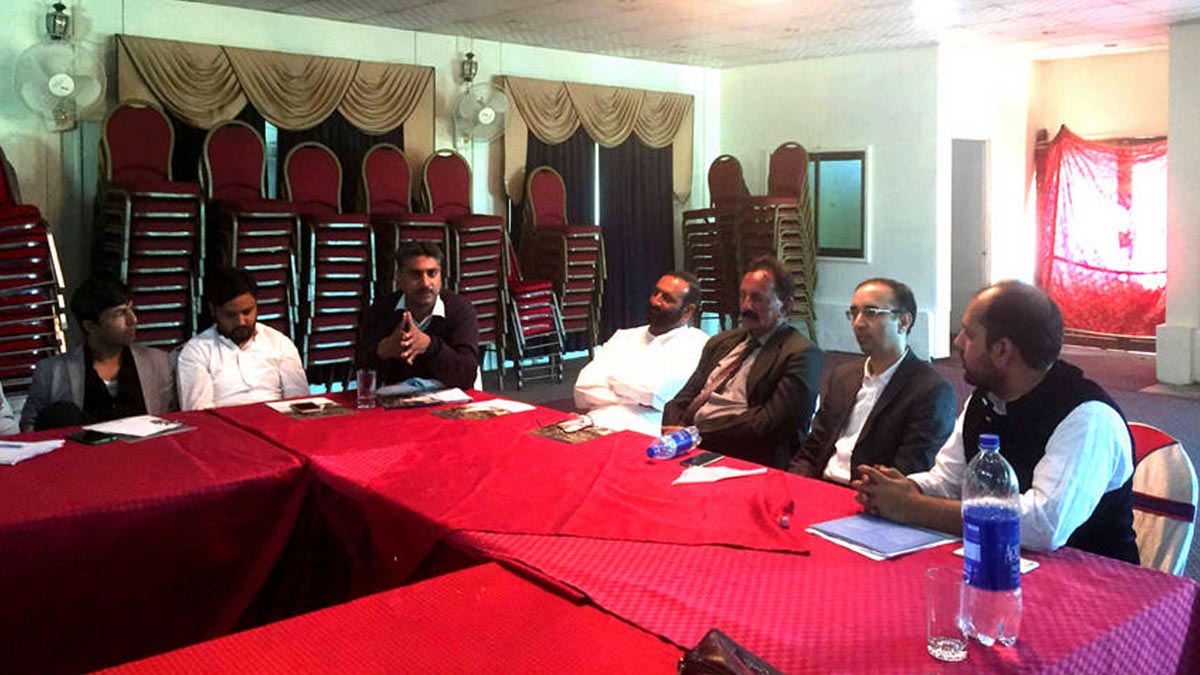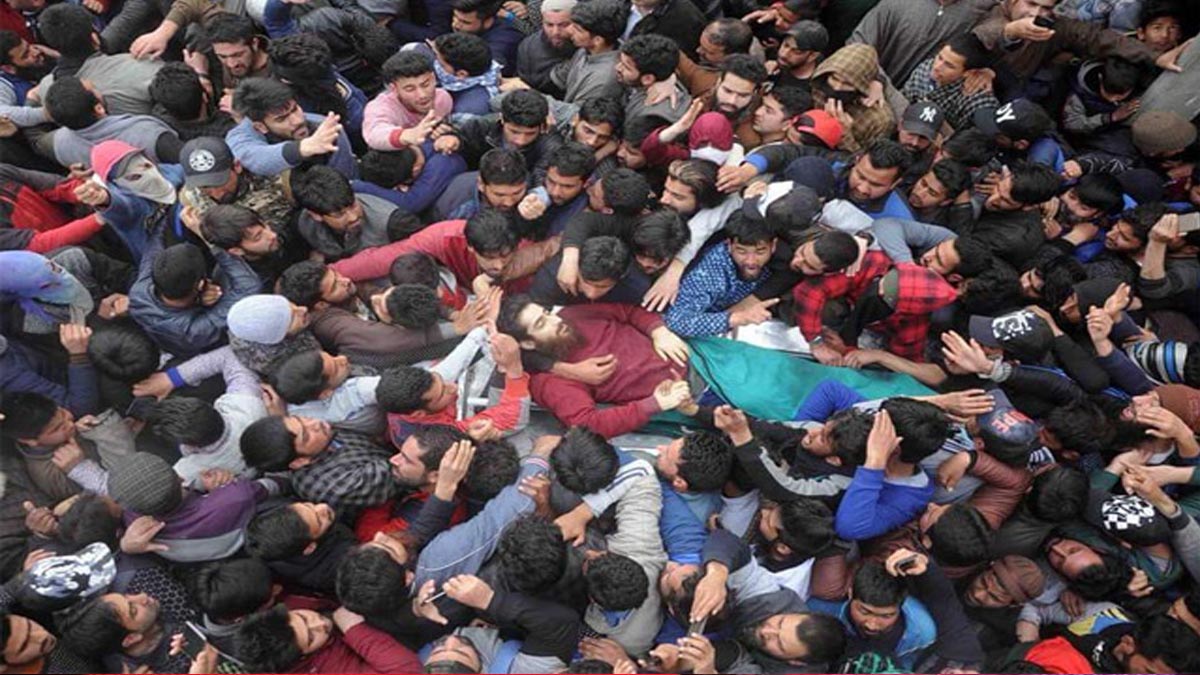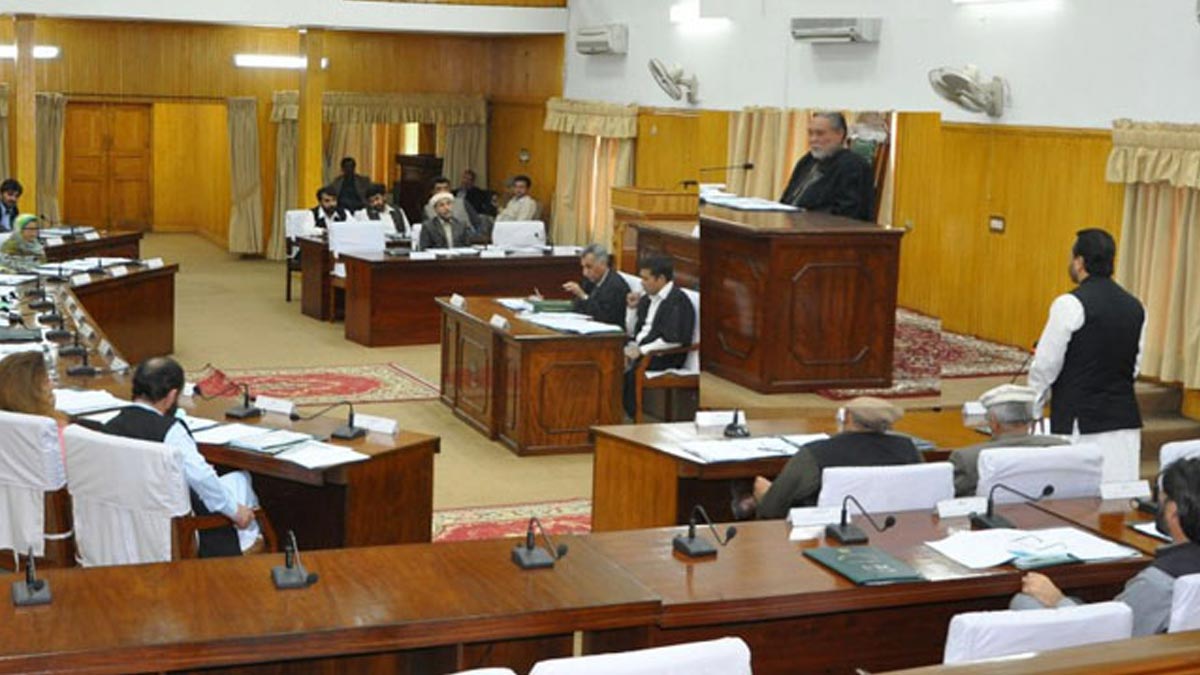- February 11, 2022
- @admin
- 0
- 11th February 2022
- Ershad Mahmud
It was a mere coincidence that I met 24-year-old Mr Shehzad Latif at a youth training workshop in Mirpur a few years ago. Like his other fellows, he was also busy with various activities in the workshop all day. He laughed and played with his peers but looked tired and different from the others. At times, he would suddenly be rather serious. In his quest to learn and understand, he was often far ahead of the others.
Shehzad Latif would help organisers in administrative matters without being asked to. Seeing all this, I had a desire to know more about the well-dressed Shehzad Latif. When asked about his details, he told me that he was doing an MBA degree and came from a village in the Neelam Valley of Azad Jammu and Kashmir but resided permanently in Mirpur. When the four-day workshop came to an end, Shehzad Latif affectionately met me before leaving and invited me to take some time out to come to the Kashmir Orphans Relief Trust (KORT) to meet his siblings.
I was shocked to hear the name of KORT and astonishingly asked if he was referring to the orphanage. Shehzad’s face changed colour and he interrupted me in a sad and exhausted tone: “No sir! Not an orphanage, it is my home”. For the first time in my life, I had seen someone proudly call an orphanage his house.
The earthquake in northern Pakistan and Muzaffarabad years ago not only tore down Shehzad’s family home but also cast a shadow over his parents. He said they were left with no support or existence. Orphans and helpless children were being grabbed by people in the name of adoption. Groups of con artists became mourners of the quake victims and entered the settlements just for this purpose.
Shehzad recalls that it was during Ramazan in 2005 when a man named Chaudhry Muhammad Akhtar reached Muzaffarabad almost like an angel of mercy. The AJK capital had virtually turned into a cemetery. Chaudhry Akhtar took some orphans and helpless children to Mirpur, promising to take good care of them. Along with his friends, he founded the Kashmir Orphans Relief Trust, now commonly known as KORT, to offer long-term support to the orphans.
When the intention is pure, it is almost like nature ends up providing extra financial resources and the ability to do physical labour. Closed doors began to open. When Sardar Attique Ahmad Khan took over as AJK prime minister, he donated a piece of land for KORT. The land was out of town and uninhabited, a rugged and uneven field. Sardar Attique took a personal interest in the project, encouraged donors as well as Chaudhry Muhammad Akhtar to turn this dream into reality.
Pakistanis living abroad, especially wealthy and sympathetic ones from among the diaspora in the UK, joined hands to help out. Mangla Cantt which is the headquarters of the Pakistan Army’s Striking Corps also extended a hand of support. Officers and soldiers began to participate more and more in this noble work as if they were building their own nest, not an orphanage. The general commanding officer at Mangla became an ex-officio member of the KORT board and lent a helping hand to Chaudhry Muhammad Akhtar.
Finally, a magnificent building was constructed on the outskirts of Mirpur by virtue of public donations which included a hostel, playground, school and college. Today, the 96-room KORT looks like a European university. People come from far and wide to visit Asia’s largest orphanage and pay tribute to the courage and vision of Chaudhry Muhammad Akhtar and his dedicated team, including country director Sajid Dilawar Khan who spent his entire youth in the service of humanity.
A house for 500 orphans was built – and named ‘Fatima House’. The hostel is equipped with state-of-the-art facilities. In addition to sports facilities, TV and other necessary services are available. The beautiful building of Jinnah House can accommodate up to 500 students. A magnificent kitchen was built to serve fresh food. People are amazed to see its facilities, furniture and cleanliness. About 1200 people can eat in the kitchen at a time. This kitchen is no less than an army mess.
The local administration also helps the children residing at KORT who want to pursue higher education and get admission to the university. Many young people have not only earned a good living after completing their education but have also become KORT’s ambassadors.
Every child in KORT has a different story that fascinates listeners. KORT no longer sponsors only earthquake victims but also orphanages in Punjab and Khyber Pakhtunkhwa. Victims of natural disasters and accidents also find solace there. There is no discrimination based on race, creed, region or religion.
UK-returned Chaudhry Muhammad Akhtar is a God-fearing person. Often dressed in jeans and T-shirts, Akhtar was running a good business and living a comfortable life in the UK. The 2005 earthquake changed his life. Committed to the cause of helping humanity, this man has transformed KORT into an educational institute in the last 24 years. Well-wishers and supporters blindly trust the system KORT has established, providing ample charity and donations at request. As a result, KORT has become not just a shelter for homeless children but a regional center for education, training and skills development.
One man cannot do anything alone. Wealth and money are of no use in building an institution unless people work together. Chaudhry Muhammad Akhtar formed a team of dedicated people with spotless character and a spirit of service. Muhammad Shakeel, though a broadcaster by profession and director of Radio Pakistan, Mirpur station, has been at the forefront of the KORT’s administrative and expansion plans. He says that the annual budget of KORT is over Rs15 crore.
Nearly 500 children are under the care of KORT. This number is expected to reach 1500 in the coming years. The plan is to arrange for the accommodation, education and training of not only orphans but also the children of low-income families in the next few years. Another KORT complex is under construction in Swabi, Khyber Pakhtunkhwa. The KORT also transported tons of food items to Afghanistan in recent weeks.
Interestingly, most of the children call Chaudhry Akhtar ‘papa’ instead of uncle or Chaudhary Sahib. My recent visit to the KORT made me realise just why Shehzad Latif had insisted on calling KORT not an orphanage but a home for homeless kids. The shining faces of the children there reminded me of the Dalai Lama’s words: “Love and compassion are necessities, not luxuries. Without them, humanity cannot survive”.
Media Links:
The News | Click Here
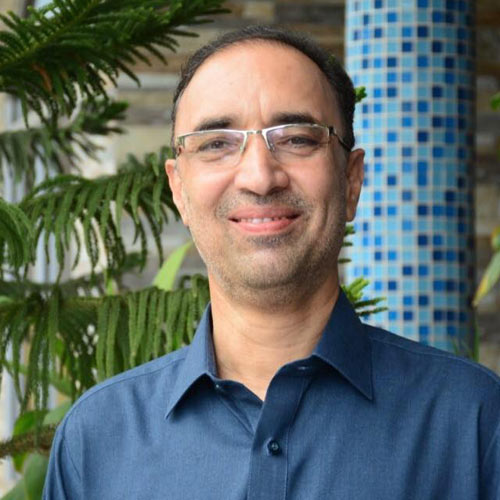
Ershad Mahmud
The writer is a freelance contributor. He can be reached at:









